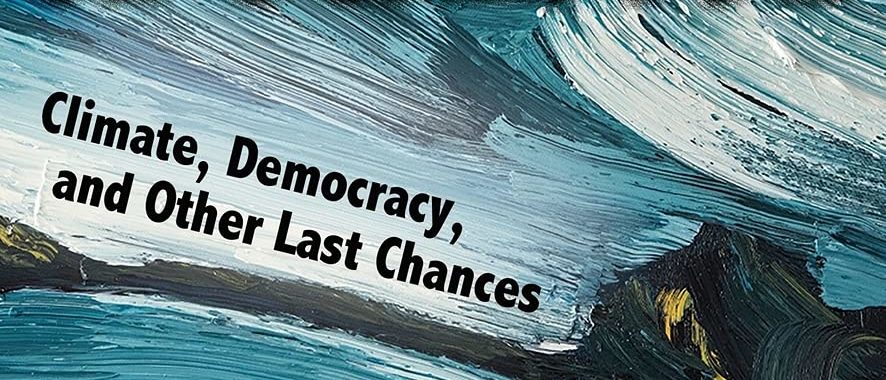“What the Theological Roots of Reasonable Doubt Might Teach Us” by Peter Wosnik
Image adapted from Wikicommons by DhLeaks44 / CC BY-SA 4.0 “What Theological Roots of Reasonable Doubt Might Teach Us” Peter Wosnik Unlike some esoteric legal terms, the term “reasonable doubt” is familiar to most Americans. Anyone who has sat in jury service in a criminal trial or watched a legal drama has likely encountered the phrase. What many…






